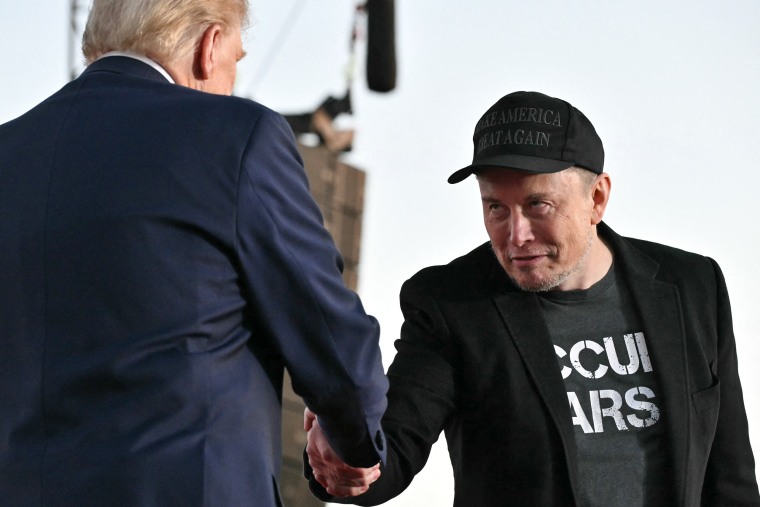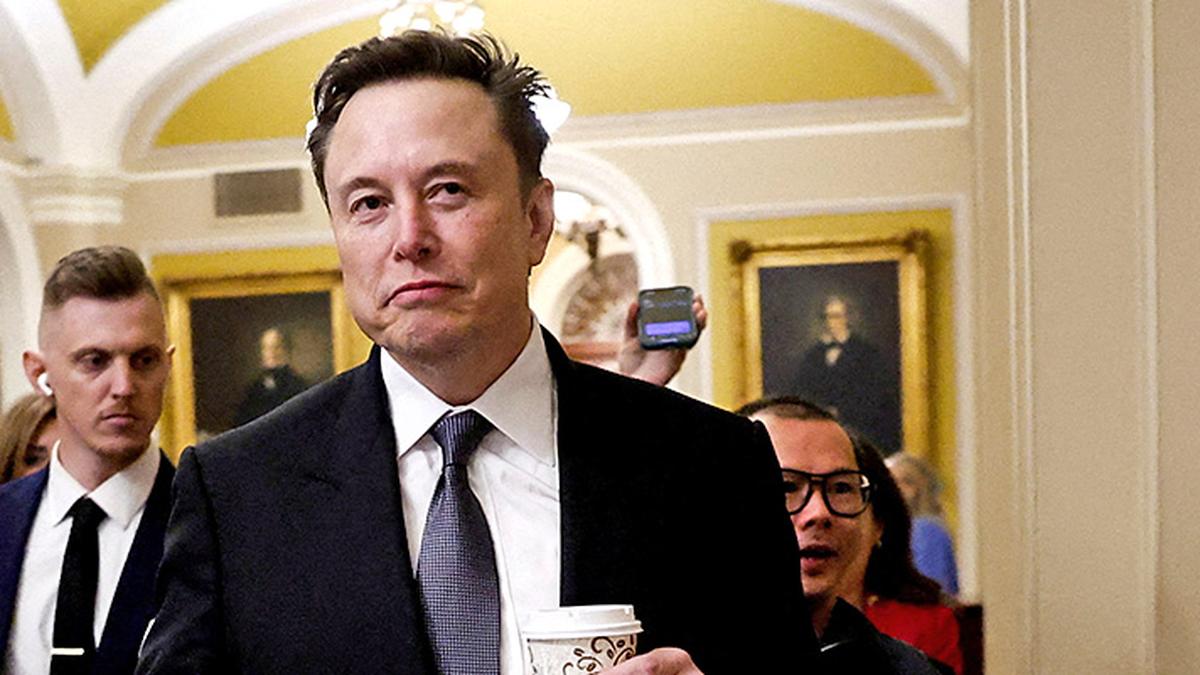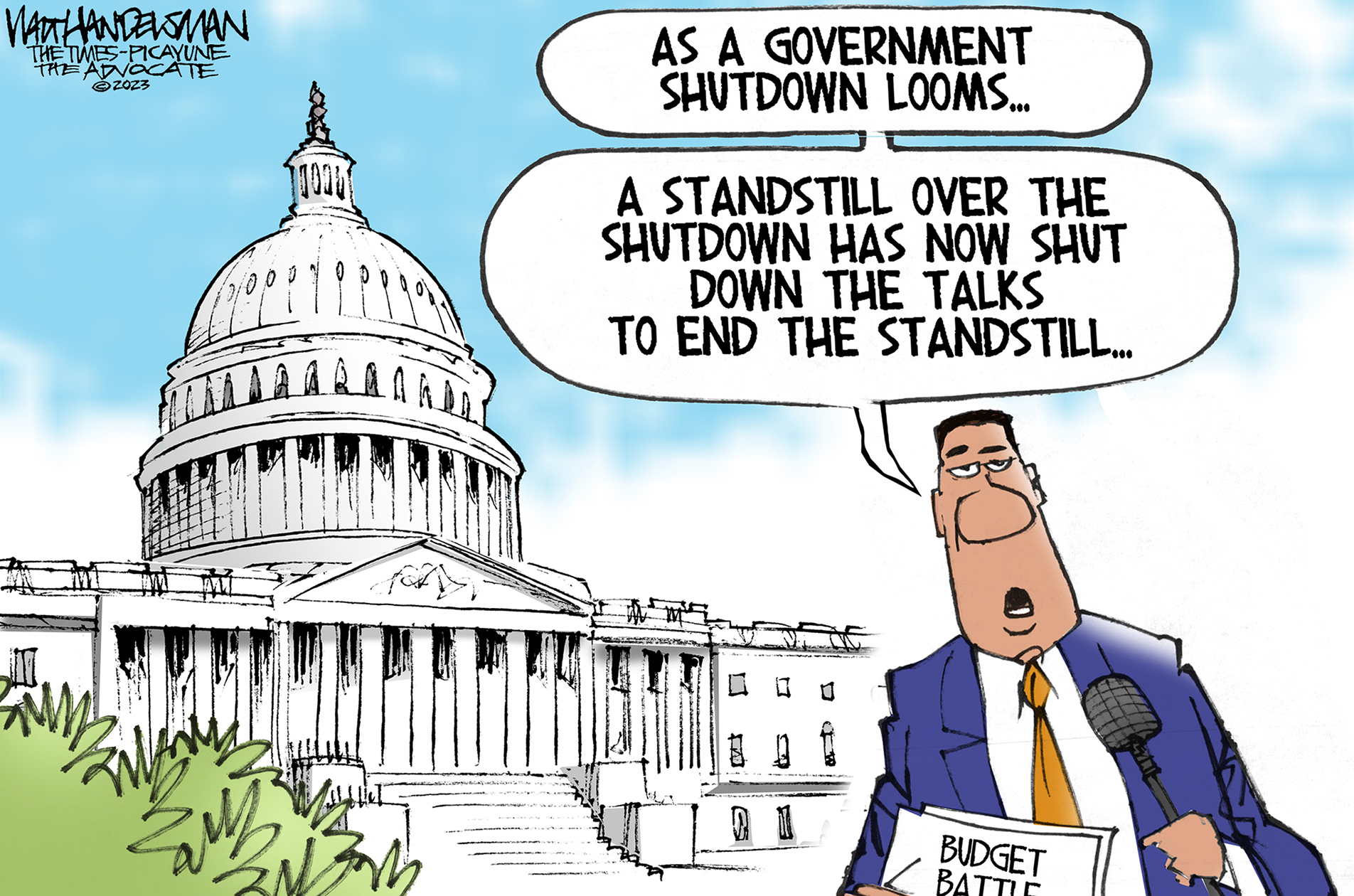Big Tech’s Grasp: The Unseen Influence on Our Elections
With the recent victory of Donald Trump, the air is thick with uncertainty among Democrats and their allies. This moment compels us to reflect on the unsettling role that Big Tech has played in shaping the political landscape, often for the worse. Focusing on social media platforms and their unchecked power, there’s an urgent necessity to confront the enormity of their influence and the distorted narratives that arise in their wake.
The Digital Landscape and Its Gatekeepers
The successful campaign of Donald Trump was not just a matter of voter sentiment; it was heavily facilitated by major tech giants who wield significant power over our social media interactions. The likes of Elon Musk, Mark Zuckerberg, and Jeff Bezos are often viewed as powerbrokers of today, their platforms acting as conduits for misinformation and extremist viewpoints.
Musk’s X (formerly known as Twitter) stands out as a notable contributor. By transforming it into a pro-Trump echo chamber, he allowed far-right ideologies to flourish unchecked. The consequence? An environment where extremist voices, including pro-Nazi accounts, can curtail free expression under the guise of free speech.

A Further Examination of Zuckerberg and Bezos
Zuckerberg, whose Facebook, Instagram, and WhatsApp have all been criticized for proliferating toxic narratives, showcases another layer of this dilemma. Especially alarming is the role of misinformation in persuading voters, as highlighted by Maria Teresa Kumar, who recently commented on how disinformation disproportionately influenced Latino voters in favor of Trump. Kumar refers to troubling anecdotes about campaigns based on lies, such as the unfounded claims that Kamala Harris jailed parents for their children’s truancy.
Bezos adds fuel to the fire with Amazon’s recommendation algorithm, which, rather ironically, allows users seeking innocuous content to end up in rabbit holes of QAnon conspiracy theories. This purposeful misdirection highlights a hypocrisy, particularly when Bezos himself points fingers at media outlets for losing public trust.
The Call to Action: Confronting a Vexing Reality
In light of these revelations, it’s vital that we collectively confront the imbalances fostered by these platforms. For years, advocates like Nina Jankowicz, Kate Starbird, and various organizations including Media Matters and Onyx Impact have been at the forefront of critiquing the adverse impacts of Big Tech. Yet, as their work garners scrutiny from conservatives, it underscores the fact that the dialogue surrounding social media misinformation is not just a partisan issue; it’s a societal one.
“Addressing this misinformation effectively is paramount if we desire a political landscape founded upon truth and accountability.”
The Path Forward
Looking toward the future, it’s imperative that we not only hold tech companies accountable but also demand regulatory measures that ensure equity and transparency. This endeavor requires a concerted effort from lawmakers, scholars, and concerned citizens alike, as the consequences of inaction compound day by day.
We must forge a political system underpinned by integrity, where platforms maintain a standard of truth rather than succumbing to the whims of profit-driven agendas. The stakes have never been higher, and our democratic principles rely on our vigilance against the manipulation of public discourse. By fostering a more informed electorate, we can steer our nation away from the clutches of far-right extremism.
Conclusion
In reflecting on these complex challenges, it is evident that a reckoning with Big Tech’s pervasive influence is not merely necessary; it is existential. We need to build a new digital environment that fosters dialogue, not divisiveness, to preserve the democratic ideals we cherish. As we move forward, our path must be paved with a commitment to truth, fairness, and collective empowerment.


 Photo by
Photo by 











